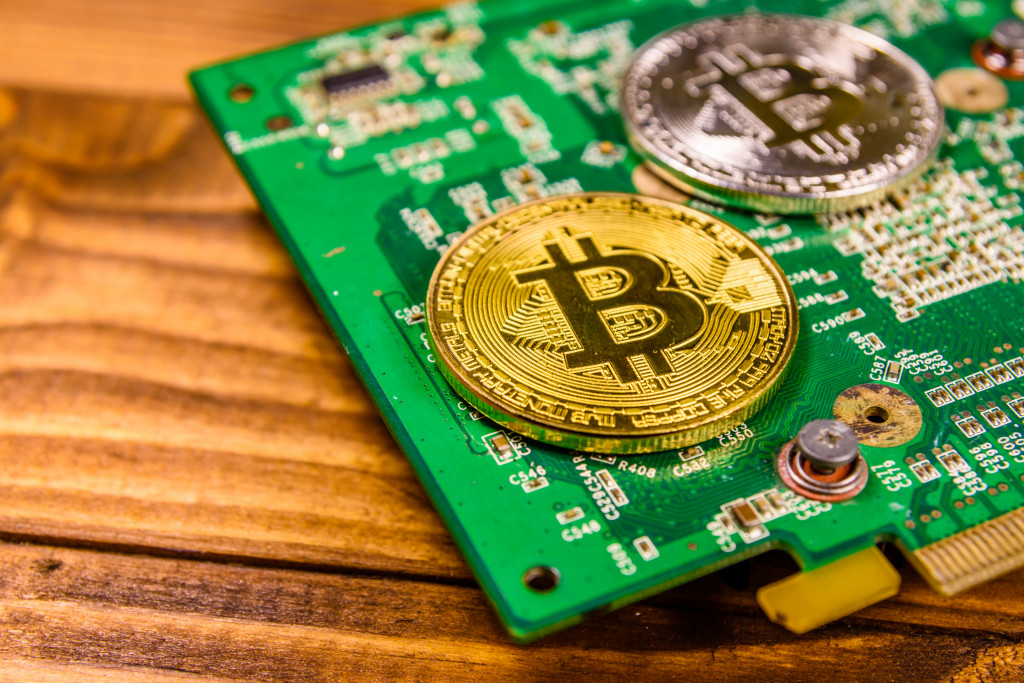In the past, people handled money in a very different way than it is today. Transactions occur face-to-face, and people generally deal with a limited number of merchants in their local area.
Nowadays, money is handled through a variety of digital channels. This change has made transactions faster and more convenient, but it has also created new security risks. Fortunately, there are now several ways to protect your finances online.
This article will explore some of the most popular methods for handling your money.

Mobile Payment
Mobile payment apps let you pay for your purchases by tapping a mobile device against a POS terminal. This method eliminates the need to carry cash or cards around.
Several countries have begun experimenting with nationwide contactless payments that use mobile devices instead of bank cards. For example, in Western countries, mobile payment transactions now account for over half of the total volume of transactions.
Online Banking
Many people are still reluctant to make online payments, but they are generally thrilled with online banking apps. It is certainly much safer to send money through an app than by e-mail or by text message.
Online banking apps have several security features, including two-factor authentication procedures and multi-digit passcodes. The level of risk is also reduced by the fact that online payments are generally reversible.
Cryptocurrencies
A cryptocurrency is a type of digital currency where cryptography plays a vital role in managing money transactions. The most popular cryptocurrency at the moment is Bitcoin.
While cryptocurrencies are not yet used for large transactions, they can be helpful for peer-to-peer payments and international money transfers. More importantly, the level of anonymity associated with digital currency means that you can use it to protect your privacy more effectively than other forms of money.
One downside is that transactions are irreversible. That’s why many companies are developing more advanced alternatives. Today, DCash is viewed as the most promising alternative to Bitcoin. It’s a cryptocurrency with a fixed value linked to the existing Eastern Caribbean dollar used across much of the region.
Prepaid Cards
Some people prefer to trust banks rather than online payment services. In that case, a prepaid card can be a good option for handling your money online. Prepaid cards have different features and fees, but they share one crucial benefit: you can’t spend more money than you have.
The main drawback of prepaid cards is that they are not very flexible. If you run out of credit, you will need to top up your account before making a transaction. Also, some providers charge fees for cash withdrawals and other activities.
E-wallets & Online Payment Systems
Sending a payment using an e-wallet app is much like sending a traditional payment by credit card, except it works on the Internet instead of a point of sale location.
There are several advantages to using an e-wallet app. The most important is that your actual card number isn’t shared with the payee. Instead, a virtual account number is used.
Another advantage of e-wallets is that you can easily set up limits and alerts, which means it’s harder for someone else to make a fraudulent transaction with your card.
Mobile Credit Transfers
Another way of making online payments is by transferring money directly to the intended recipient’s mobile phone. It is possible thanks to a growing number of initiatives that allow you to do this for free without having to open an account (e.g., through Facebook or Google+).
Mobile credit transfers are particularly convenient for splitting bills between friends. However, there’s one significant drawback: this approach is tough to track, which means you can exploit it for money laundering.
Virtual Credit Cards
A virtual credit card allows you to buy products online without sharing your actual account number with the merchant. You need to provide some basic details about yourself, such as your name and address. The next step is to enter a virtual credit card number, which you can usually obtain directly on your e-wallet app.
The main benefit of this approach is convenience. It’s also harder for someone to steal your identity when it only includes basic details about yourself rather than your actual credit card number.
So, what’s the best way to handle your money online? Well, that depends on your individual needs and preferences. Some people prefer to use prepaid cards, while others prefer e-wallets or mobile credit transfers.
However, one thing is for sure: you need to be careful about who you share your personal information with. Make sure you only use reputable payment providers and watch your account activity.
